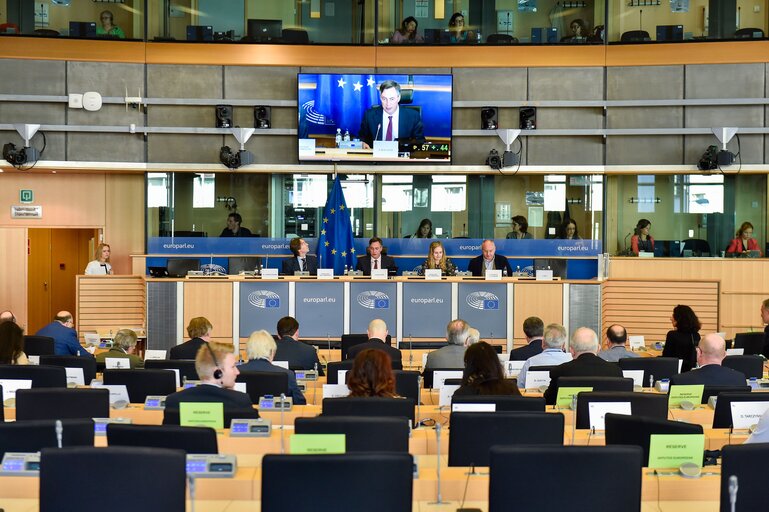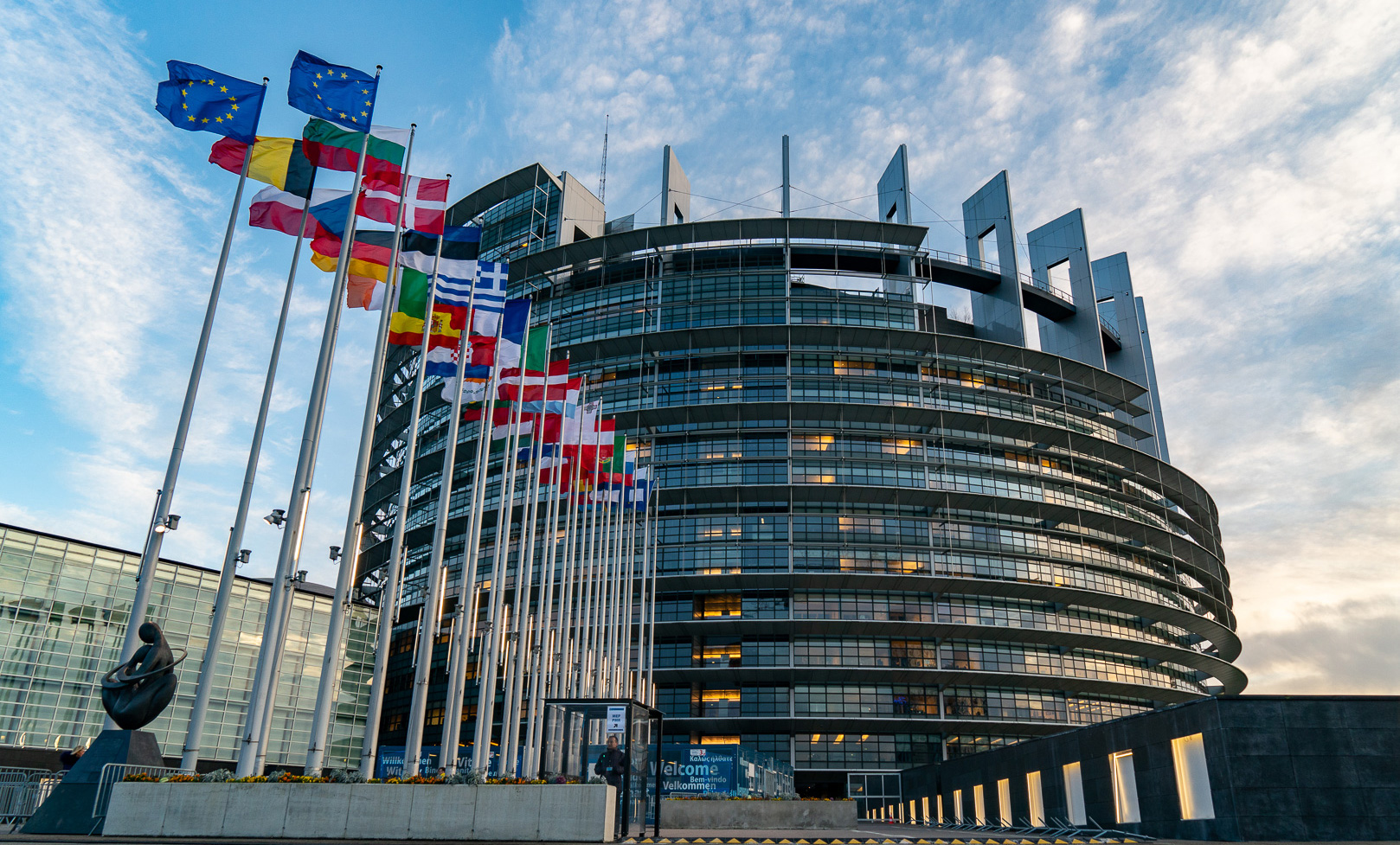On Tuesday, Foreign Affairs Committee MEPs outlined their assessment of the political situation in three accession countries: Bosnia and Herzegovina, Kosovo and Serbia.
Bosnia and Herzegovina: ending political deadlock and advancing on reforms for the benefit of all citizens
In their assessment report on Bosnia and Herzegovina, MEPs reconfirm their support for the country’s Euro-Atlantic orientation. Members strongly denounce all hate rhetoric and disruptive action, including the withdrawal from and obstruction of state institutions, notably by the leadership of the Republika Srpska entity. They urge all political actors to return unconditionally to these state institutions and advance the work on EU-related reforms, notably the rule of law.
The text, adopted with 44 votes in favour, 8 against and 5 abstentions, also stresses the importance of holding general elections in Bosnia and Herzegovina in 2022 as scheduled, as well as implementing the results. Calling for the elimination of all forms of inequality, discrimination and bias in the electoral process, MEPs regret the lack of political will in the negotiations on constitutional and electoral reforms, and the failure to implement them ahead of this year’s elections.
In light of Russia’s war of aggression against Ukraine, MEPs also call on Bosnia and Herzegovina to implement the EU sanctions the country has aligned with and warn of Russia’s continuing interest in destabilising Bosnia and Herzegovina.
“The report on Bosnia and Herzegovina comes at a crucial moment for the country, the Western Balkans, and Europe. It reaffirms Parliament’s support for Bosnia and Herzegovina’s European future, while addressing the main challenges that the country faces, namely escalating destabilising activities and the blocking of state institutions and decision-making procedures. These challenges threaten the unity, sovereignty and territorial integrity of the country, and stand in the way of the key reforms needed to progress on the European path. We also stressed the importance of holding free and fair elections in October 2022 and of a credible accession perspective for the country, particularly in light of the new European strategic and security context, following the Russian war of aggression against Ukraine”, said rapporteur Paulo Rangel (EPP, Portugal).
Kosovo: MEPs call for urgent adoption of an EU visa-free regime
On Kosovo, MEPs commend the country’s increased political stability and strong commitment to its European path and reiterate their call on EU member states in the Council to proceed urgently with adopting a visa-free regime for the citizens of Kosovo, underlining that any further delays undermine the EU’s credibility and reputation as a reliable partner.
The report, adopted by 43 votes in favour, 9 against and 5 abstentions, reconfirms unequivocal support for the EU-facilitated Belgrade-Pristina dialogue and reiterates the importance of achieving a comprehensive, legally binding normalisation agreement, which is crucial for both countries to advance on their respective European paths and which will contribute to regional stability and prosperity.
Welcoming Kosovo’s alignment with the EU on sanctions against Russia and its strong solidarity expressed with Ukraine, MEPs also stress that the independence of Kosovo is irreversible and call on the EU countries that have not yet recognised Kosovo to do so immediately.

“The report is only able to scratch the surface of the complex social and political aspects of Kosovo and EU-Kosovo relations. However, I am convinced it can serve as an important tool to present the European Parliament’s strong commitment towards Kosovo’s EU integration and also provide guidance as to how EU standards can be implemented. Kosovo has continuously proven its commitment to advance on EU-related reforms and has positioned itself as a very reliable partner, deeply anchored in the European and transatlantic alliance. Unfortunately, the European Union has failed to deliver on our own promise to provide long-overdue visa-free travel to the citizens of Kosovo. I really hope that this will be the last report that mentions this failure. As for the Council, and in this context I wish to address directly France and the Netherlands, the time to adopt the decision on visa liberalisation is now”, said rapporteur Viola von Cramon-Taubadel (The Greens/EFA, Germany).
Serbia: MEPs call on Serbian authorities to bring the country back on track towards EU integration
The report on Serbia welcomes the fact that EU membership continues to be Serbia’s strategic goal, while regretting the lack of progress and even backsliding on issues that are fundamental for EU accession. Praising the return to a more pluralistic parliament following the elections in Serbia on 3 April 2022, Members call for progress on the rule of law, fundamental rights, freedom of expression, strengthening media pluralism and normalisation of relations with Kosovo.
The report, adopted by 50 votes in favour, 5 against and 3 abstentions, strongly regrets that Serbia has not aligned with EU sanctions following Russia’s invasion of Ukraine and calls on the newly elected authorities to urgently align with the EU’s decisions against Russia. Members express concern about the spread of disinformation and call on the Serbian authorities and the European Commission to fight disinformation, Russian propaganda and other hybrid threats in the Western Balkans.
“Following the April 2022 elections and Russia’s war of aggression, it is my genuine wish that our partners in Serbia understand the sense of urgency in moving forward on their European path. The 2021 report reflects the political reality in Serbia with a particular focus on the importance of ongoing reforms and alignment. We note that more can be done to move decisively towards the EU and as the European Parliament’s rapporteur, I stand ready to work together with the new leadership in Belgrade in order to help achieve positive change for a European Serbia”, said rapporteur Vladimír Bilčík (EPP, Slovakia).
Next steps
The reports will now be submitted to a vote in the European Parliament as a whole at the plenary session in July.




